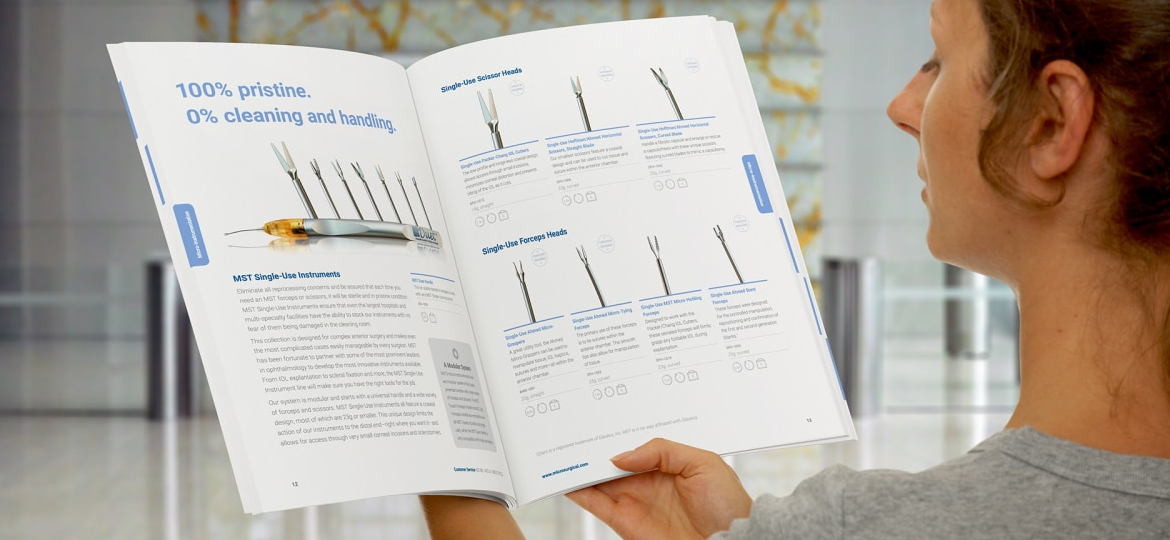First Certificate in English (FCE) Speaking Part One
What to expect when you enter the test room.
First of all, you won’t be alone. The test format has two candidates together and two examiners; one examiner speaks and the other examiner observes. The idea is to provide a more conversational atmosphere. Keep in mind that it isn’t a competition with the other candidate. Focus on your own performance. It’s a clue to sucess to the speaking section and then improve your score at the First Certificate in English (FCE).
The interview
This a conversation with an examiner. The examiner asks the candidates questions, and they give information about their interests, likes, dislikes, studies, plans for the future, etc.
This part assesses your ability to provide information about yourself and express your opinion on various topics. The interview will last for around two minutes.
The examiner asks you a question. You give your reply to the examiner. To start, you don’t have to talk to the other candidate in this part. The idea is to help you relax and get comfortable speaking English, so they begin with some basic questions. Don’t worry if you start badly. It’s common for many candidates to verbally stumble in the beginning of the speaking test. Also, you aren’t being compared to the other candidate, so don’t worry how well he or she does.
What sorts of questions will I have to answer?

There could be questions about the weather, how you got to the exam location, what you ate for lunch, where you live, etc. They will be simple everyday questions.
How much should I say?
Here’s an example of what not to say and what to say
Examiner: Where do you live?
Candidate: Toronto
One word answers to questions are insufficient.
Here’s a better answer.
Examiner: Where do you live?
Candidate: Toronto. I live in an area called North York. It’s in the north part of the city.
You don’t have to go into great detail, but show that you can provide some detail.
Watch out!

Some candidates expect a deep philosophical question, and they may feel that the easy questions are beneath their level, so they become arrogant and give curt answers. This is a case of misunderstanding how a proficiency test works. There is a purpose behind everything in the test, so don’t dismiss any question.
Get together with a friend or another student and just ask each other sample questions in a two minute time frame. There are many questions online for you to select and practice with. You may not be able to correct each other’s pronunciation, but you can help each develop fluency through practice and help each other with vocabulary. Another person may know words or terms that you don’t.
Additionally, you can try saying or reading answers while you record yourself, so you can get an idea of what your problems are. Also, go online and look at example videos of part one of the FCE. It’s very useful to see and hear what happens.
Take an FCE preparation course as getting feedback from a teacher is invaluable with regards to appropriate usage of words, verb tenses, and pronunciation. Alternatively, you can find and hire a tutor for private lessons. Just be sure that the teacher is correcting you. Some teachers focus solely on content or fluency and not form.
Some tips for part one of the test
- Use the same grammatical forms as the question.
Do you like listening to music?
Yes, I like listen to music. (don’t say this!)
Yes, I like listening to music. (say this)
It’s not required that you do this, but it does make it easier for you with the first couple of questions.
- Don’t panic if you don’t understand a question. Simply say something such as:
- I’m sorry. Could you repeat that please?
- Learn how to say the name of your job.
- Learn how to say members of the family
- Learn how to pronounce the numbers 1-100. A surprising number of people stumble over saying their phone number, age or address. No one will ask you to say the distance to Neptune in English, but you should be able to give a phone number easily and confidently.
- Learn the terms for the weather.
- Learn the vocabulary for common transportation, so you can say how you got to the test center.



